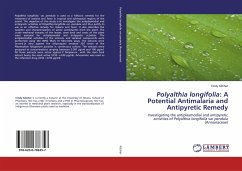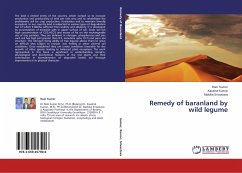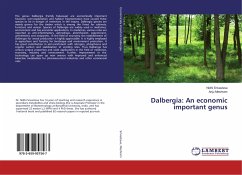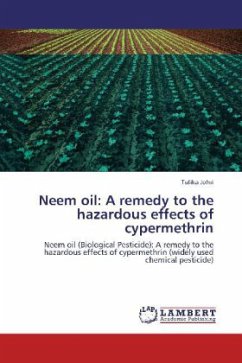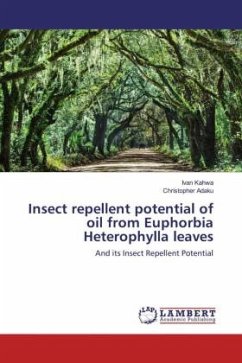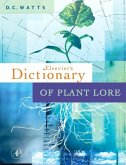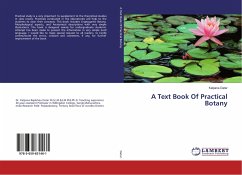Polyalthia longifolia var. pendula is used as a folkloric remedy for the treatment of malaria and fever in tropical and subtropical regions of the world. The objective of this study is to investigate the antiplasmodial and antipyretic activities of Polyalthia longifolia var. pendula and thus justify its use as an effective remedy for malaria and fever. It also describes the isolation and characterization of active constituents from the plant. The crude methanol extracts of the leaves, stem bark and roots of the plant were assessed for antiplasmodial and antipyretic activities. The antiplasmodial activities of the extracts and isolated compounds were performed using the WHO Mark III Microtest assay. The extracts were tested in vitro against the chloroquine sensitive 3D7 strain of the Plasmodium falciparum parasite in continuous culture. The extracts were prepared at concentrations ranging between 0.097 mig/ml and 100 mig/ml. All three extracts were active against P. falciparum, with the stem bark extract being the most active (IC50 =4.89 mig/ml). Artesunate was used as the reference drug (IC50 =0.59 mig/ml).
Bitte wählen Sie Ihr Anliegen aus.
Rechnungen
Retourenschein anfordern
Bestellstatus
Storno

